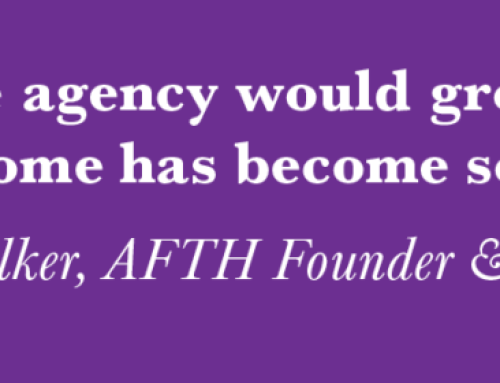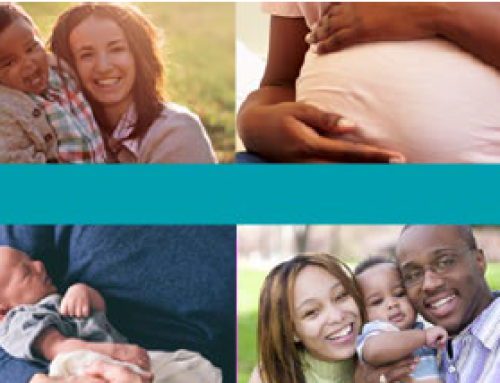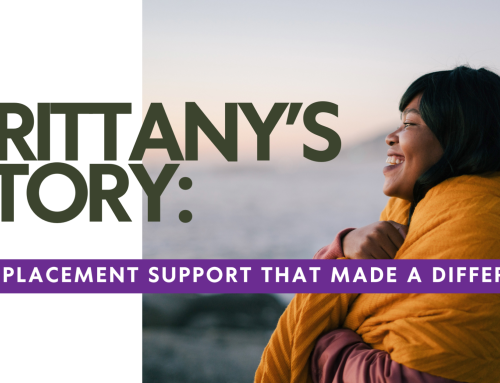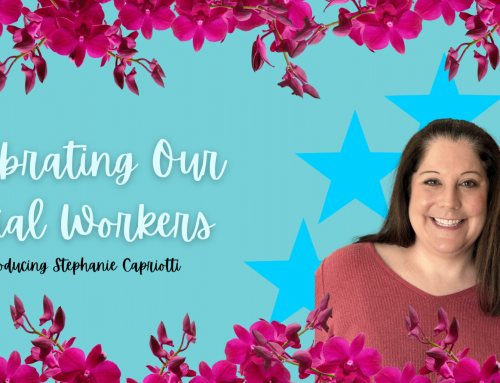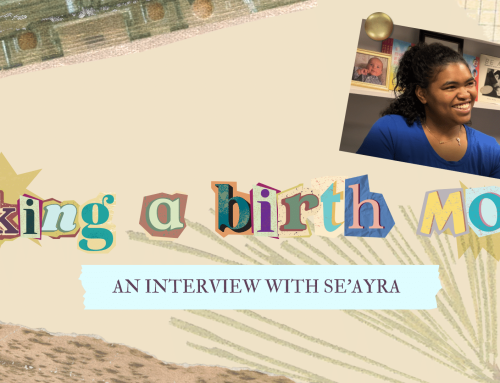Norfolk is the second biggest city in Virginia by population, with around 246,392 residents as of the 2013 census. Like every city at the mouth of Chesapeake Bay, Norfolk has served as a strategic location, both for the military and trade, for centuries.
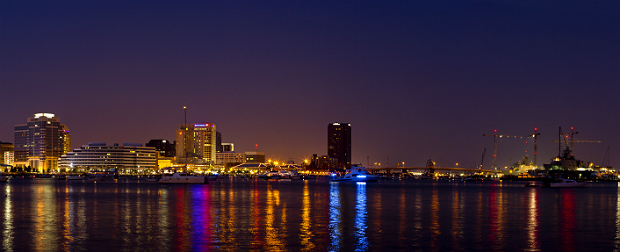
In terms of industry, Norfolk has benefited more from its advantageous location than neighbors like Virginia Beach or Chesapeake, which remain sleepier, suburban communities. Home to Naval Station Norfolk, the world’s largest Naval base, and one of two Strategic Command headquarters operated by the North Atlantic Treaty Organization (NATO), Norfolk is certainly a Navy town.
Tobacco, Trade & Loyalty: Norfolk Up In Smoke
During the 18th century, shortly after Norfolk was incorporated, the new city served as a tobacco inspection site, where crops from the surrounding area would be gathered together and checked for quality. After passing inspection, the valuable leaves could be exported to distant lands. Not coincidentally, much of Norfolk’s territory had been purchased from indigenous peoples of the Powhatan confederacy for 10,000 pounds of tobacco in the late 1600s.
Norfolk soon grew to become one of early America’s most important ports, shipping agricultural products and goods back to Britain. This strong bond to the English, solidified primarily through commercial interest, would make Norfolk a stronghold of Loyalist sentiment during the Revolution.
Driven from his capitol of Williamsburg, Virginia’s colonial governor Lord Dunmore attempted to reestablish British power in Norfolk, but was quickly routed by rebel forces and forced to flee. He didn’t stay away long. On the first day of 1776, Lord Dunmore returned with 3 naval vessels, which rather unceremoniously bombed the city for 8 hours straight. Two-thirds of Norfolk were consumed in fire.
With Civil War Approaching, Disease Empties Norfolk
Rebuilding was difficult, made worse by the protracted economic difficulties that crippled many Southern communities during the early 19th century. Shipbuilding and repair remained profitable, however, and Norfolk slowly limped back towards its former glory. But the city’s strongest industry would also prove a significant risk, with the arrival of the Benjamin Franklin, a ship returning from voyages in the West Indies.
Along with spices and other valuables, the Benjamin Franklin brought yellow fever to Norfolk’s shores. The sickness, quite deadly in the days before vaccination, ravaged the city, and one-third of Norfolk’s residents had taken flight by the next month. All told, the outbreak would last 4 months, leaving 3,200 dead.
The Civil War, Slavery & Repatriation
Like all of Virginia, Norfolk was built on slave labor, and relied fundamentally on the exploitation of enslaved Africans to support its thriving tobacco plantations. Unsurprisingly, the city’s enfranchised citizens clambered for secession in the run-up to the Civil War. But Norfolk wouldn’t make it very long into the conflict, surrendering to Union troops in May of 1862. For the next 3 years, Norfolk lived under martial law, a period during which thousands of slaves were able to escape, finding a degree of protection across Union lines.
Some 40 years earlier, Norfolk’s residents had pioneered the “colonization” movement in Virginia, establishing their own chapter of the American Colonization Society (ACS). The ACS, founded by slaveholders, felt that the growing presence of free African Americans in their states served only to inflame slaves and their desire for freedom. Sending some of these freed slaves back to Africa would therefore strengthen the institution of slavery, depriving other slaves of a visible model of the aspirations for which they fought.
In 1821, the American Colonization Society established the colony of Liberia in West Africa and began shipping free African Africans over the Atlantic. Around 250 of Norfolk’s freed slaves made the journey to Liberia, some for economic reasons and many under the threat of physical harm. Most went unwillingly, and would have preferred to stay in their home and fight for an expansion of their rights.
By the early 20th century, the country’s strengthened federal government saw fit to select Norfolk as the site of a new naval base.
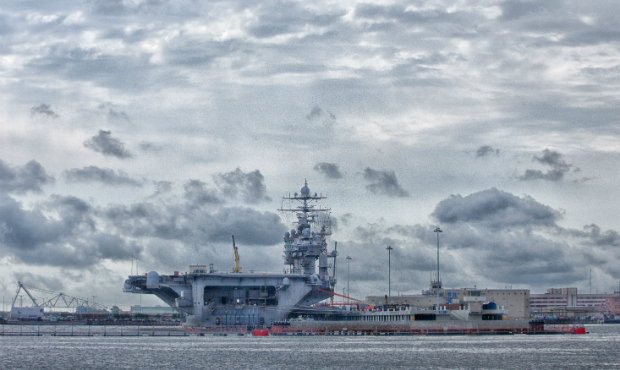
Norfolk grew, annexing nearby cities and the town of Berkley, which expanded Norfolk’s border to the opposite side of the Elizabeth River.
Free Pregnancy Tests & Prenatal Care In Norfolk
Norfolk’s Keim Center offers free pregnancy testing, as well as pregnancy confirmation tests, which can be helpful for getting insurance coverage or securing government assistance. Medical consultations are provided, too, with help on important health issues facing pregnant women from licensed medical professionals.
You can make an appointment at the Keim Center here, or call them at (757) 499-4444 Monday through Friday between 9 am and 5 pm.
The Virginia Department of Health operates a public health clinic in Virginia Beach, a little further afield but only 40 minutes east of Norfolk by car. At the Department’s maternity clinic, open select days and times, women can get comprehensive prenatal care on a sliding scale fee basis, so you only pay what you can afford.
Their social workers can also help you apply for Medicaid and other government programs that make it easier to access the services you need. Here’s their address:
Pembroke Corporate Center III
4452 Corporation Lane
Virginia Beach, VA 23462
You can call (757) 518-2700 (press “1” at the automated menu to reach the clinic) to speak with someone about coming in.
Where Can I Get Counseling?
Adoptions From The Heart offers free options counseling to pregnant women from our office in Chesapeake, just 14 minutes south of Norfolk. Our experienced social workers help pregnant women every day, informing them about their choices and helping them find the services they need.
We’re an adoption agency, but we don’t push adoption on anyone. As long as we’ve helped you make the best decision for you and your baby, we’ve done our job. Whether that’s adoption, parenting or abortion. All of our counseling services come at no charge and absolutely no obligation.
Here’s how to find us:
1407 Stephanie Way, Suite H
Chesapeake, VA 23320
Call us anytime at (757) 361-0008 for more information on our services.

